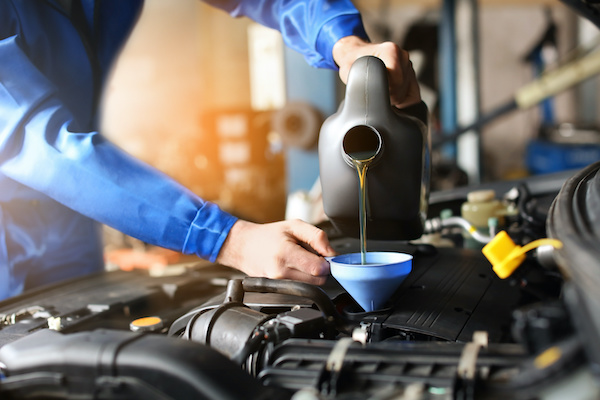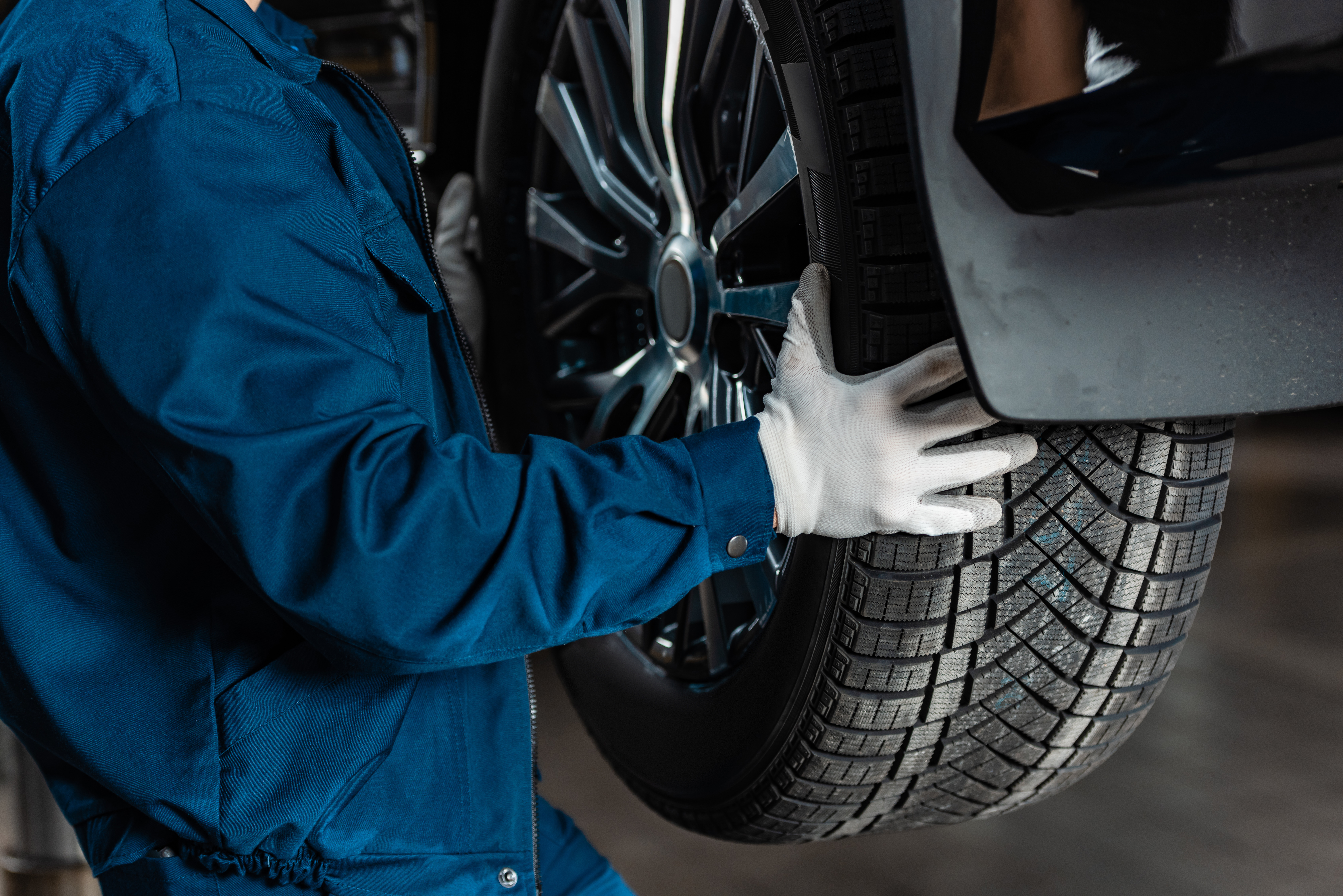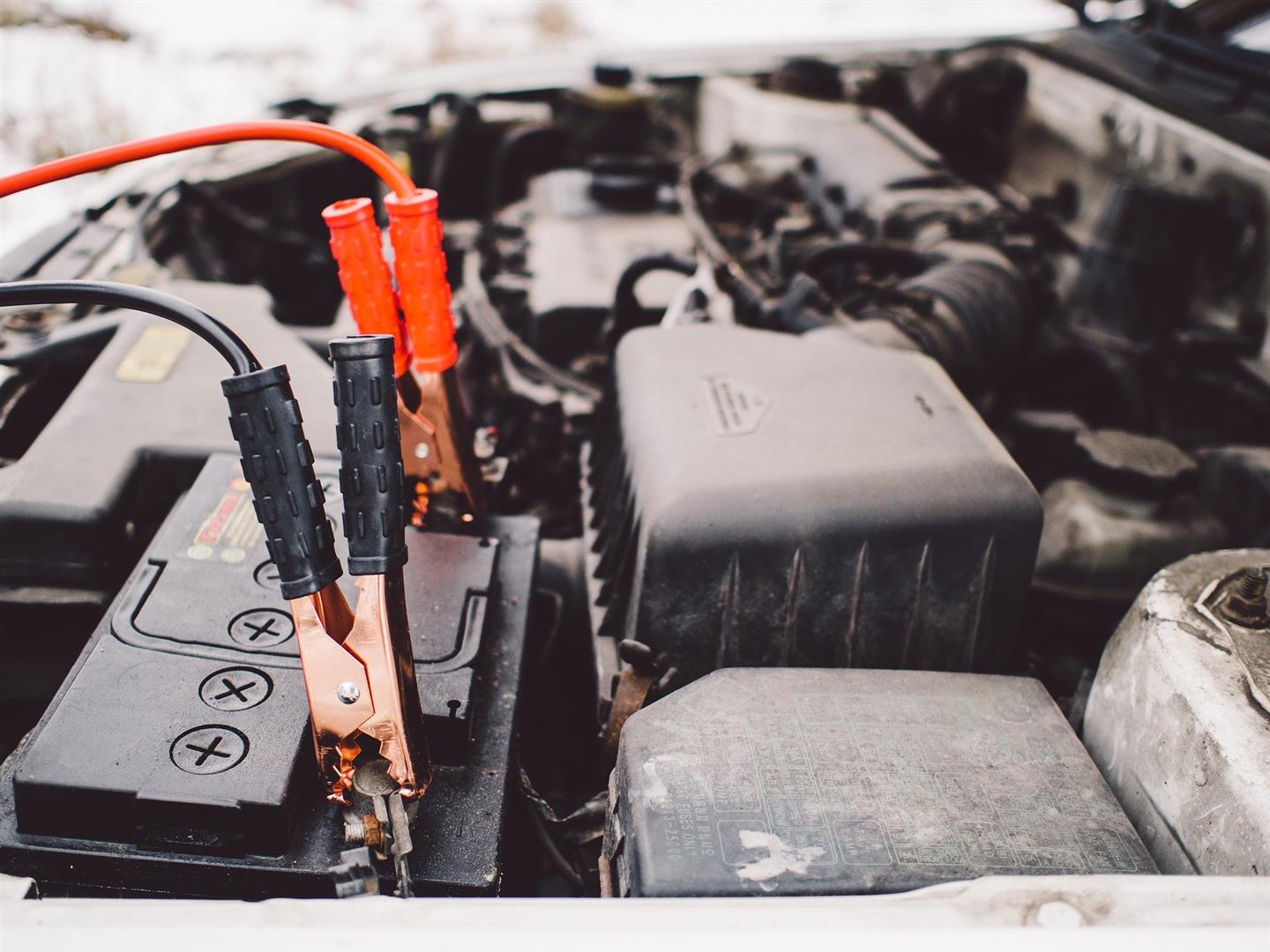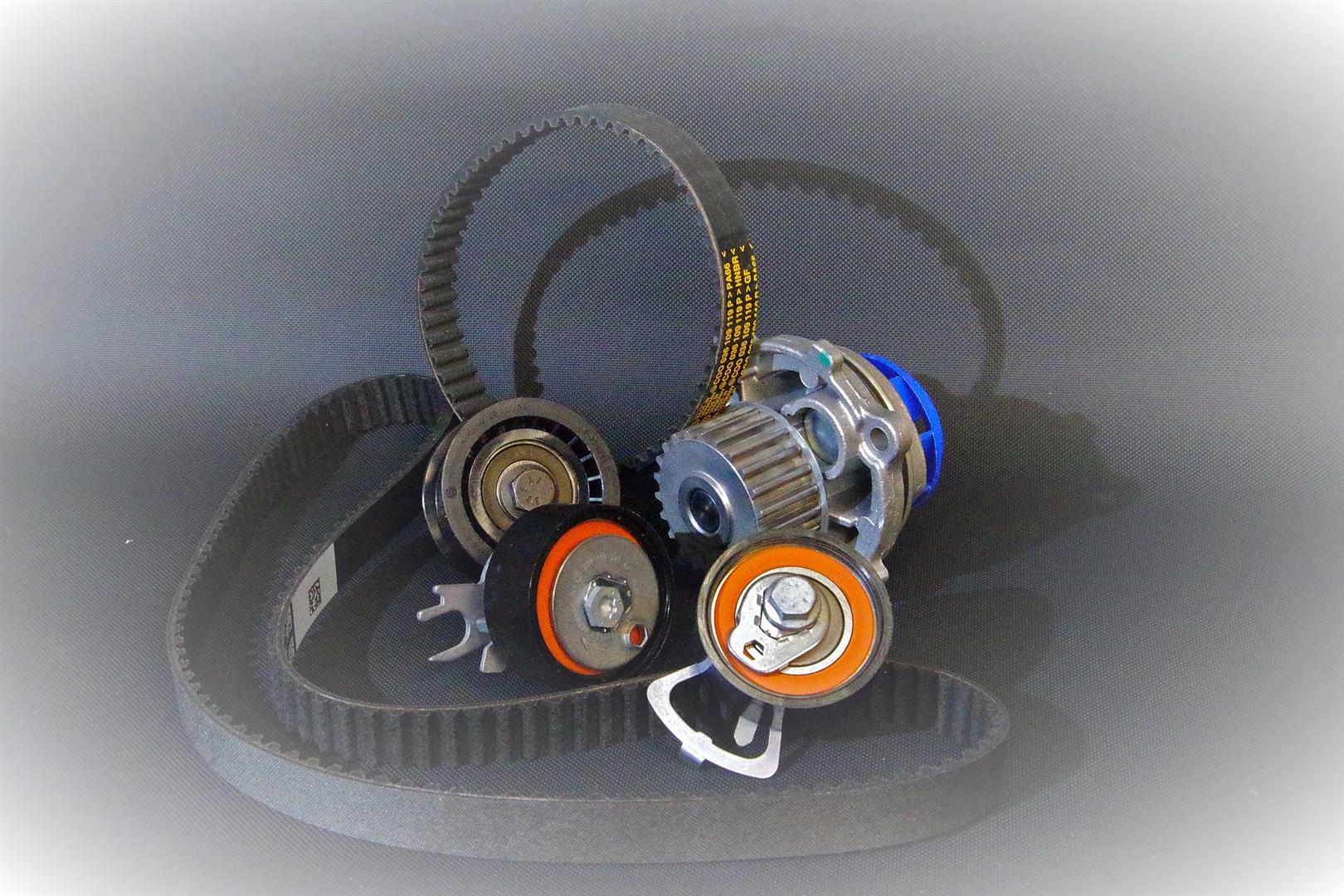Posted on 7/28/2020

As a vehicle owner, you quickly become familiar with your vehicle's regular oil change. Oil changes are vital to the overall performance of your car and your engine's health. When you drive with old, dirty, or low engine oil, the parts of your engine are rubbing together causing friction. This friction can cause metal components to wear down, become less effective, and overheat quickly. An overheating or damaged engine can be costly to repair, so doing what you can to prevent engine problems will save you time, money, and stress. Does your car run better after an oil change? While it may not be noticeable, the answer is yes! Fresh engine oil will allow the engine to run optimally and you'll protect the engine from dirt build-up and metal-to-metal damage. As oil is circulated throughout the engine, it picks up dirt and debris along the way. It then goes through the oil filter, which also needs to be replaced during every oil change. A clogged filter can limit t ... read more
Posted on 6/24/2020

Tires are a very important safety feature of your vehicle. They are the only thing sitting between your vehicle and the road, and a good set of tires is essential to proper control and road traction. We know that tires can be expensive, so extending the life of your tires as much as possible should be a priority. Plus, it's always a good idea to replace all four tires simultaneously. Uneven tire wear can happen over time, which is why rotating your vehicle's tire is so important. What is a tire rotation? A tire rotation is service performed which rotates your tires to different positions. For example, your front tires are moved to the back, and the back tires are moved to the front. They are also rotated from left to right. Depending on your vehicle, whether it is a front-wheel drive, all-wheel drive, or four-wheel drive, certain tires may wear down faster than others. When you have your tires rotated, your tires will be able to wear down more evenly in comparison ... read more
Posted on 5/28/2020

Summer is supposed to be a time where you are free to take a road trip or drive to your favorite place to spend time with friends or family, or hey, yourself (we don't judge)! However, summer plans can quickly be thwarted when you find yourself dealing with a car breakdown. Not only are they stressful, but they can put your safety at risk on the road. It can also be costly having to deal with towing and repairing your vehicle. So, let's take a look at some of the causes of car breakdowns and what you can do to try to prevent them from happening this summer. The summer heat can actually take a toll on our vehicles, especially when your vehicle is constantly parked in direct sunlight. It also just so happens that during the summer months, many drivers are using their vehicles much more often, which can also contribute to excessive wear and tear. Here are some of the main causes of why vehicles tend to breakdown during the summer months: Batteries B ... read more
Posted on 5/20/2020

It's first thing in the morning and you’re already late for work. You hop in your car, turn the key to start it and...nothing. The worst! You panic as you try to figure out what to do first: call someone--your boss, AAA, the Quick Lube who changed your oil two months ago... We’re instead going to turn this panic into power and armor you with knowledge that will 1. keep you calm and 2. get you back on the road as soon as possible. Your first step is to troubleshoot. And the best part is you can do this yourself. It is easier than you may think! Start here: When you turn the key in the ignition, does the engine crank (try to start)? Do the lights and radio come on? Do you hear a “clicking” noise? Or, does nothing happen at all (you might as well not even be trying here)? Can you remember the last time the battery was replaced? You may simply need a new battery. Or maybe you le ... read more
Posted on 4/23/2020

Your vehicle's timing belt is important to the overall operation of the engine. It ensures the correct timing of the crankshaft and camshaft so that the engine valves open and close at the proper times. Over time, timing belts begin to wear out and can fray or tear. This is why they need to be replaced at certain intervals, typically around every 60,000 miles or so. When a timing belt breaks, it can cause damage to surrounding components and end up costing you more money on repairs. If you're unsure how often your vehicle's timing belt should be replaced, refer to your vehicle's owner's manual for this information. It is so important to replace your timing belt on time, even if you don't see damage on the outside of the belt. The inside of the belt could be dry, making it more likely to snap unexpectedly. Not only will a snapped belt leave you stranded, but it can bend valves, cause piston damage, and ruin cylinder heads. The level of damage t ... read more